The Planning Board at Monday’s meeting voted 6-1 in favor of three respective amendments to the solar special permit and stormwater management permit for the proposed 2.4-megawatt solar array off Wilson Street.
David Paul opposed the motions.
“I just want to go on record that I don’t think it’s a good idea to put these panels so close together,” he said. “I’m not going to support it.”
The applicant, Grasshopper Energy, has been working with town consultant BETA Group on a stormwater management system that would incorporate a shade- and drought-tolerant seed mix that could thrive underneath the solar panels, which are to be packed more closely together than in a typical array.
Christopher King of Atlantic Design Engineers, speaking on behalf of the applicant, explained that the array configuration and the land management plan done by Goddard Consulting has been updated since the last meeting two weeks ago with input from BETA.
“We feel that it’s been vetted not only by BETA but we’ve also asked for input from Matt Varrell, who oversees the peer review for the Conservation Commission,” he said. “We’ve implemented their recommendations. We’ve listened to the Planning Board specifically at the last hearing and updated the contingency plan to put an emphasis on seed as our first contingency, if you will.”
He added that multiple seeding attempts would be tried if the first one were to fail.
“We believe in the science of the seed mix,” King continued, saying that it is “perfect for underneath the panels.” He noted that Grasshopper “historically has had a hard time controlling vegetation” rather than encouraging it to grow.
Phil Paradis, on behalf of BETA, said there would be “as little regrading as possible,” which would reduce the soil disturbance.
“We discussed a few different things that they implemented in the sequence,” he said. At Varrell’s suggestion, polyacrylamide additives are going to be added to phase one of the contingency plan to the soil to prevent erosion.
“They certainly have a bigger toolbox to use,” Paradis said, noting that plants, jute mats and rock could be added in additional phases. The site will be monitored biweekly during the construction with a biologist, and then quarterly thereafter.
“I think if we work closely with the contractor, the site can be stabilized properly,” Paradis added.
Planning Board member Fran DeYoung asked if a similar strategy had been used in any similar area projects.
Matt Maslanka from Goddard, who prepared the contingency plan, said a similar plan had been used on steep slopes but not necessarily with solar panels.
“We have never had a site where we have had lack of vegetation,” Grasshopper’s Ahmed Hafez said.
Planning Board member Deborah Fein-Brug said she was concerned about the rock formations and ruins of local indigenous tribes being disturbed, a point she reiterated with each motion.
“I still am very concerned that I haven’t seen enough conversation about how this was going to happen and when it was going to happen in the construction process.”
Chair Gary Trendel said that those specifics were covered in the April 11, 2019, approval and should not be addressed at this time “because it is not a part of their proposed amendments.”
“All of those things apply to the current applicant,” he explained.
Hafez added that he has been working with a tribe representative, who has visited the site twice and has been in discussions about the construction plans.
“I’m sort of torn, and I am not sure if I can agree with the plan moving forward,” Fein-Brug said. She voted “reluctantly, yes” on the three motions before the board.
“The challenge is that we can’t go back and revisit everything,” Trendel said in response to her concerns. “It’s not fair to the applicant to open everything up again.”
Principal planner John Gelcich showed the board a March 1 email from Narragansett Indian Tribe representative Cora Peirce that indicated the tribe “will do onsite monitoring during the construction.”
King noted that the stones that were memorialized were preserved in the new layout. A sheet shows the location of the stones in relationship to the arrays.
“The applicant is very aware of the sensitivity of this,” he said. “This is one of the most robust set of conditions I have seen for a solar project.”
The stormwater management permit with the modifications was approved 6-1, with Paul opposed, as was an amendment on stormwater drainage and the amendment of conditions and approvals to the previously approved stormwater management permit.
In other Planning Board news, the board voted unanimously to recommend approval by Town Meeting of the stormwater bylaw amendment, which was discussed at the last meeting. DPW director John Westerling said it is “ready to go” before Town Meeting and was modified slightly to meet EPA bylaws.
There also was a discussion that language regarding the use of regulation of pesticides, herbicides and synthetic fertilizers be removed as a condition in the solar array bylaw that is being proposed at Town Meeting. Trendel explained that including this terminology in the bylaw is prohibited by the state. The restriction would have been stronger than state law, Westerling said.
“It is already addressed in the Massachusetts laws,” he said, noting the warrant will be finalized next week. It could be removed as a requirement but included as a condition.
Trendel said there would be no action but thought that “additional clarity” could be sought by town counsel.
“It’s not nearly as sticky in a condition as it is in a bylaw,” Trendel said.


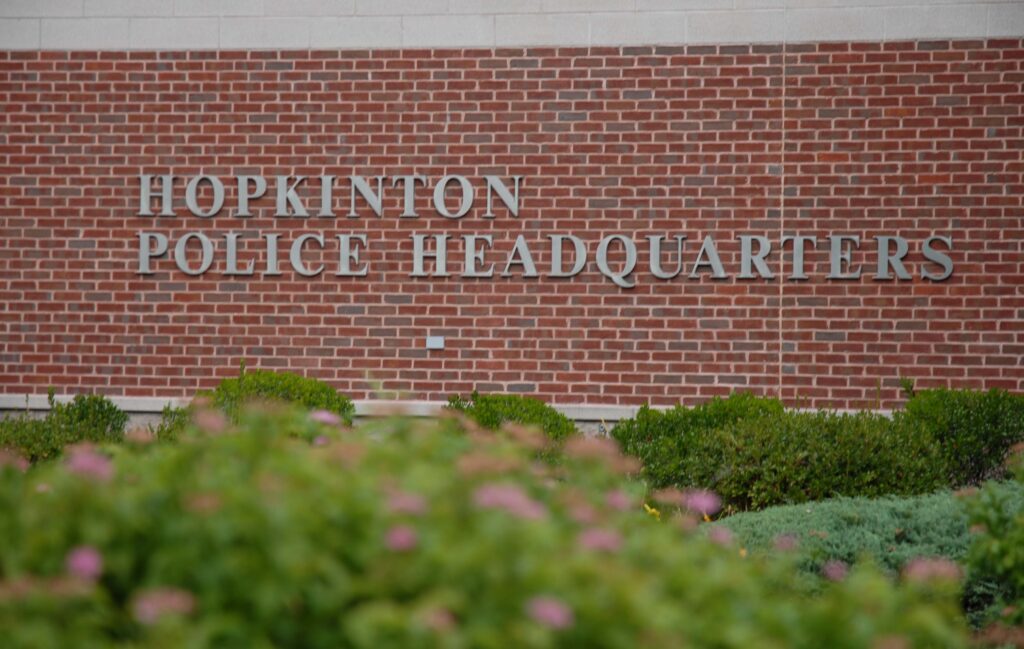
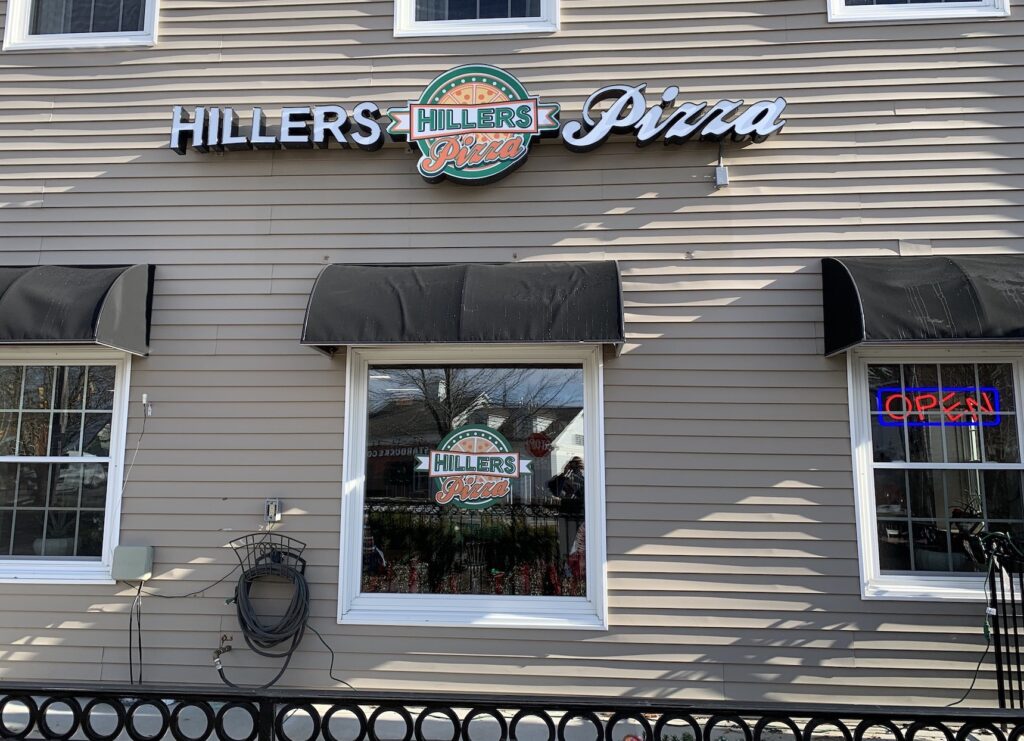
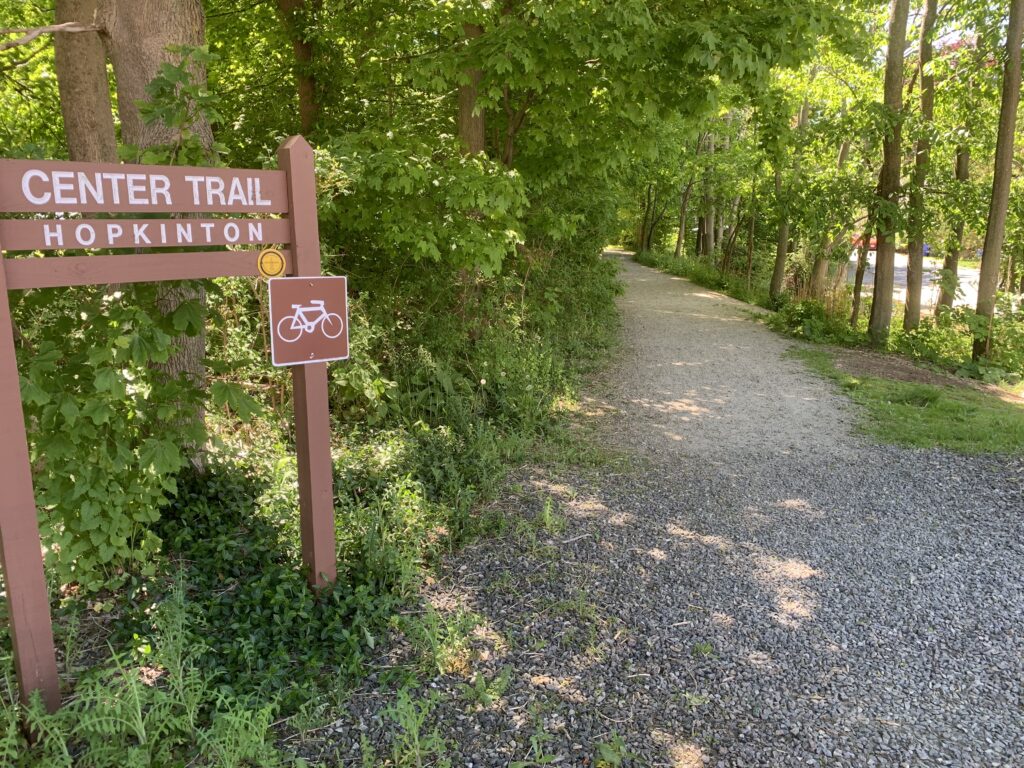
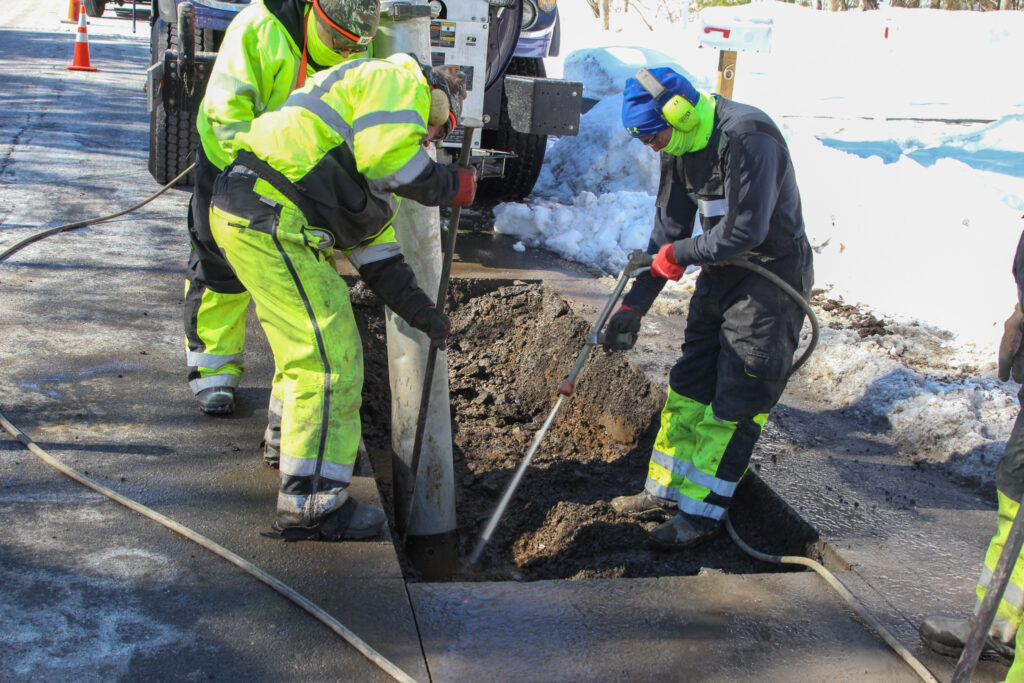
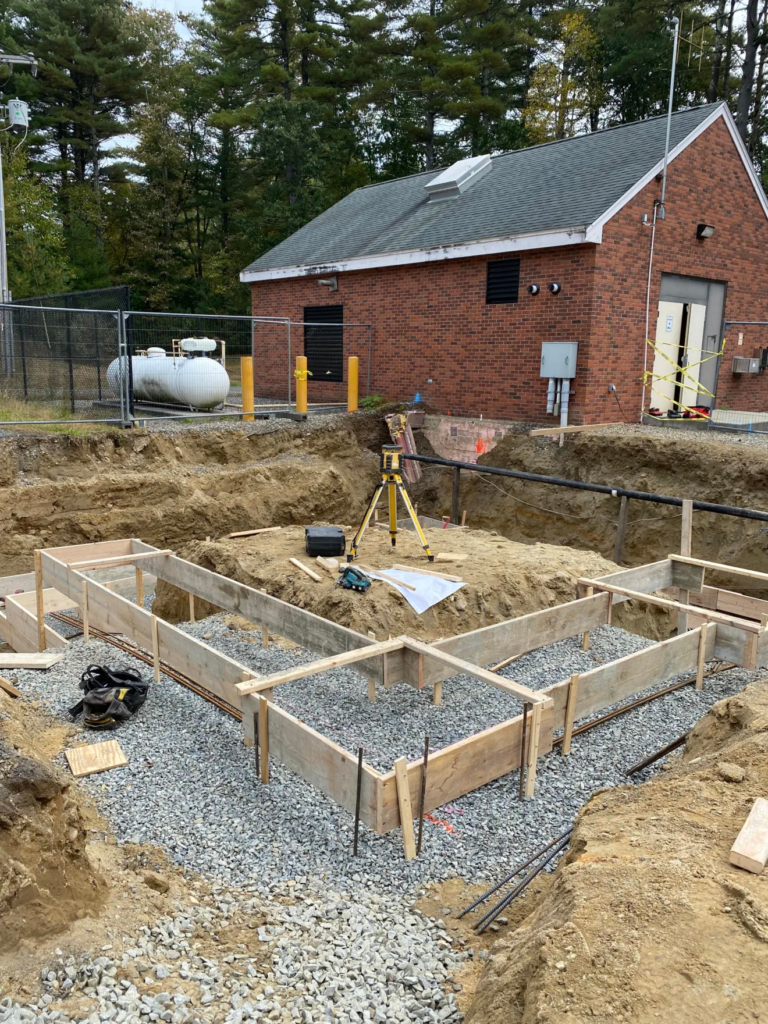














0 Comments